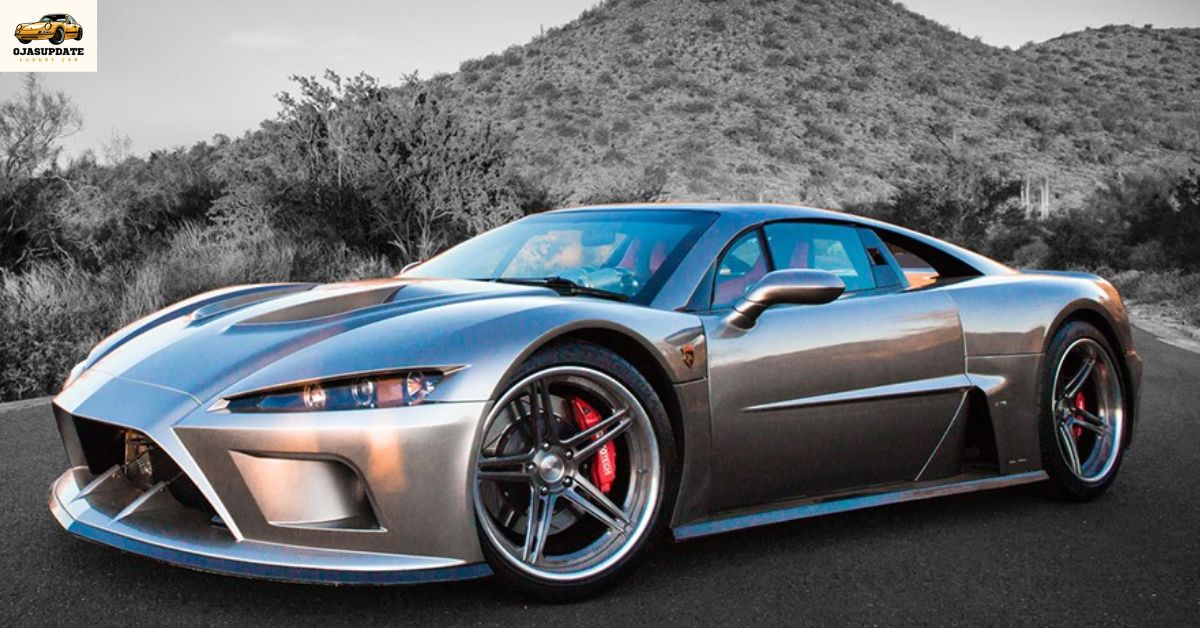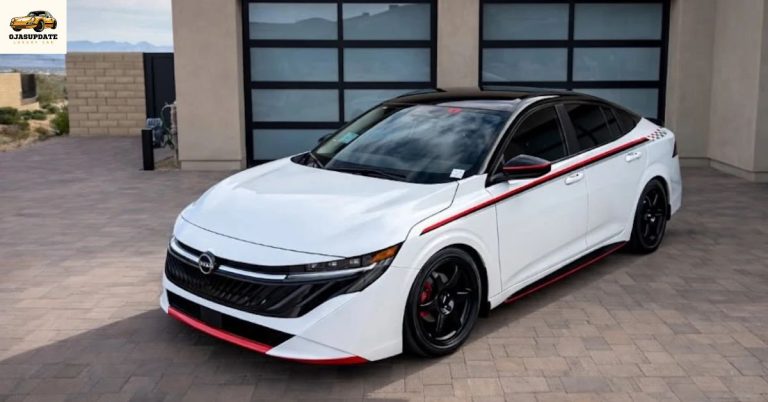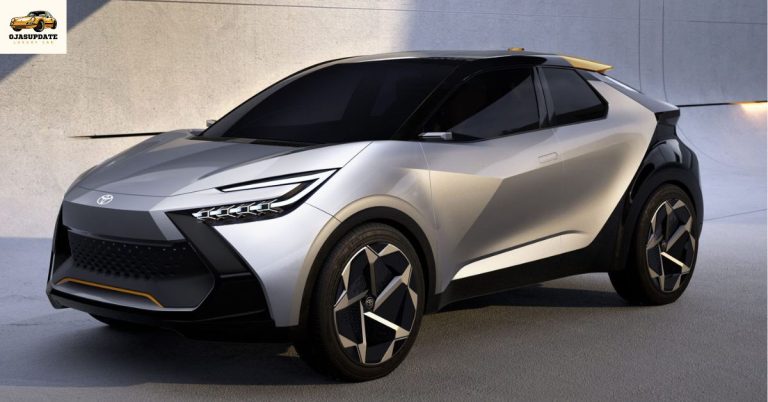
When people think of American supercars, names like the Ford GT or Corvette ZR1 often take center stage. But tucked away from the spotlight is a machine that rivals exotic European marques in both performance and craftsmanship—the Falcon F7. Born from a vision of engineering purity, raw power, and uncompromising design, the Falcon F7 is one of the most underrated American supercars ever built.
The Birth of a Beast
The Falcon F7 is the brainchild of Jeff Lemke, a former engineer with experience in the Detroit automotive scene. With a passion for exotic cars and high-performance machines, Lemke envisioned a vehicle that could stand toe-to-toe with Ferraris, Lamborghinis, and McLarens—while staying true to American performance roots. Thus, Falcon Motorsports was born, and after years of development, the F7 made its debut at the 2012 North American International Auto Show in Detroit.
What set the F7 apart from other boutique supercars was its commitment to authenticity. This wasn’t a kit car or a rebodied production vehicle. It was a ground-up, American-built machine with supercar DNA coursing through its veins.
Power and Performance
At the heart of the Falcon F7 lies a naturally aspirated 7.0-liter LS7 V8 engine sourced from General Motors—an engine known for its use in the Corvette Z06. Producing upwards of 620 horsepower and 600 lb-ft of torque, the F7 boasts serious muscle. Later, Falcon even offered a twin-turbocharged version, pushing output to an astonishing 1,100 horsepower. In a car weighing just around 2,850 pounds, the power-to-weight ratio was nothing short of breathtaking.
Mated to a six-speed manual transmission, the Falcon F7 was designed for purists. No paddles. No electronic nannies to dull the experience. Just pure, unfiltered driving. It could sprint from 0 to 60 mph in under 3.3 seconds and had a top speed north of 200 mph—firmly placing it in the supercar category.
Aerospace-Level Design
The F7’s body is a visual showstopper. Crafted from lightweight carbon fiber and aluminum, the car looks like it belongs on a futuristic racetrack. With its aggressive lines, low stance, and massive air intakes, it commands attention in any setting. The design was heavily influenced by aerospace engineering, with aerodynamics playing a critical role in every curve and angle.
Inside, the cockpit is equally impressive. Each Falcon F7 was hand-built, and buyers could customize nearly every detail—from leather stitching to dashboard trim. Unlike many low-volume supercars, the interior didn’t feel like an afterthought. It was both luxurious and functional, with a digital gauge cluster, high-end materials, and modern amenities like air conditioning and a premium sound system.
Built in Limited Numbers
Exclusivity is a key part of the Falcon F7’s mystique. Only around seven units were ever produced, making it rarer than a Bugatti Veyron. Each car was meticulously assembled in Holly, Michigan, with hours of handcraftsmanship poured into every detail.
This limited production wasn’t due to lack of demand—rather, it was the company’s philosophy. Falcon Motorsports wasn’t aiming to mass-produce a supercar. They were building a legacy. Each F7 was a rolling testament to what American ingenuity could accomplish when passion takes the lead.
A True Driver’s Car
While many modern supercars are becoming increasingly automated, the Falcon F7 remains a throwback to the golden age of driving. With no traction control or stability assist, it demands skill and rewards confidence. It’s the kind of car that connects driver and machine in a way that’s becoming increasingly rare.
This analog experience, paired with its raw performance and jaw-dropping looks, makes the Falcon F7 a dream machine for enthusiasts who value substance over badge prestige.
Underrated, but Unforgettable
Despite its incredible specifications, The Falcon F7 never reached the mainstream automotive spotlight. Part of that was due to its ultra-low production numbers and lack of a widespread dealer network. But for those who know about it, the F7 is nothing short of legendary.
It represents a pure expression of American performance engineering—unfiltered by corporate bureaucracy or marketing trends. It’s a car built by enthusiasts, for enthusiasts.
Final Thoughts
The Falcon F7 is a reminder that the American supercar isn’t just a myth—it’s real, and it doesn’t always wear a Ford or Chevy badge. While it may not have had the exposure or production run of its more famous competitors, the F7’s rarity, power, and purity of design make it a true unicorn in the automotive world.



